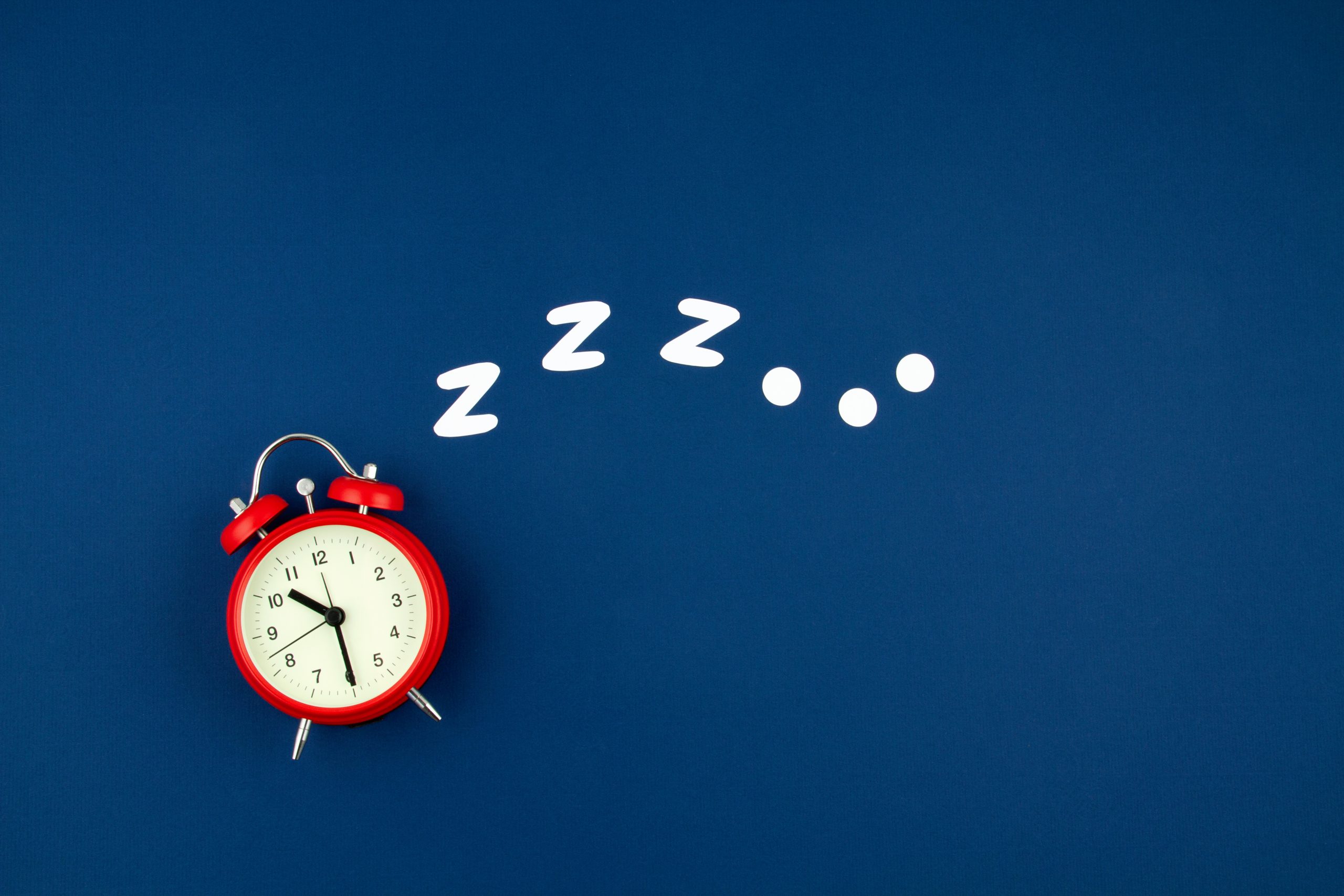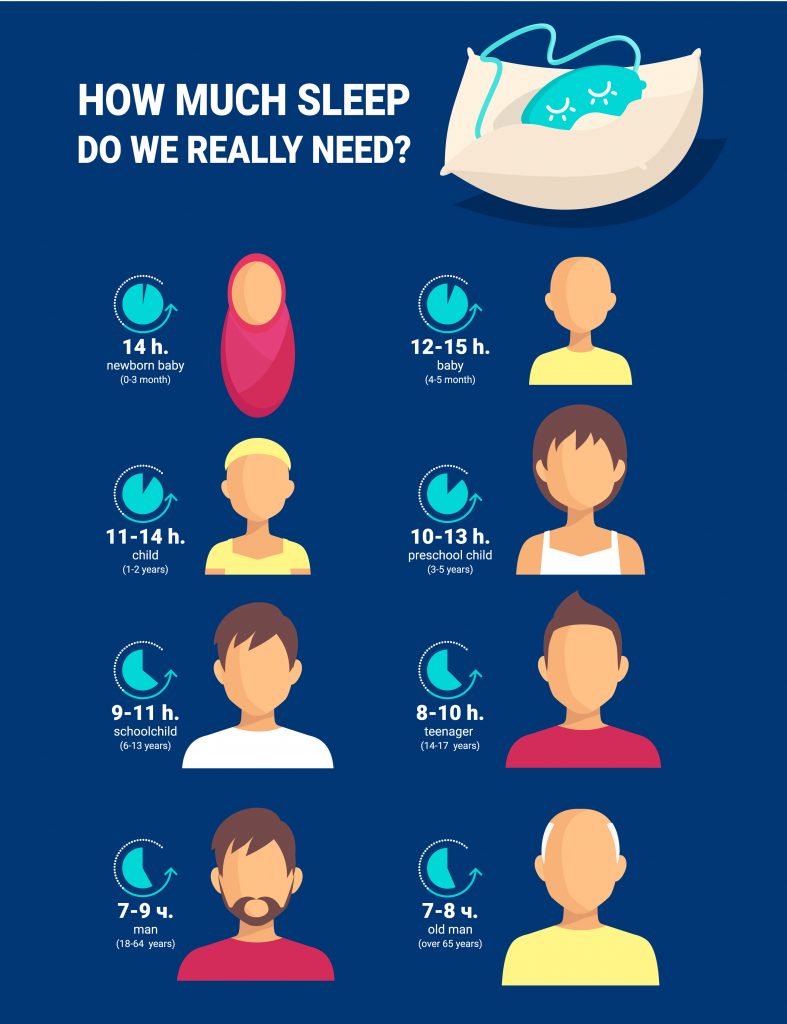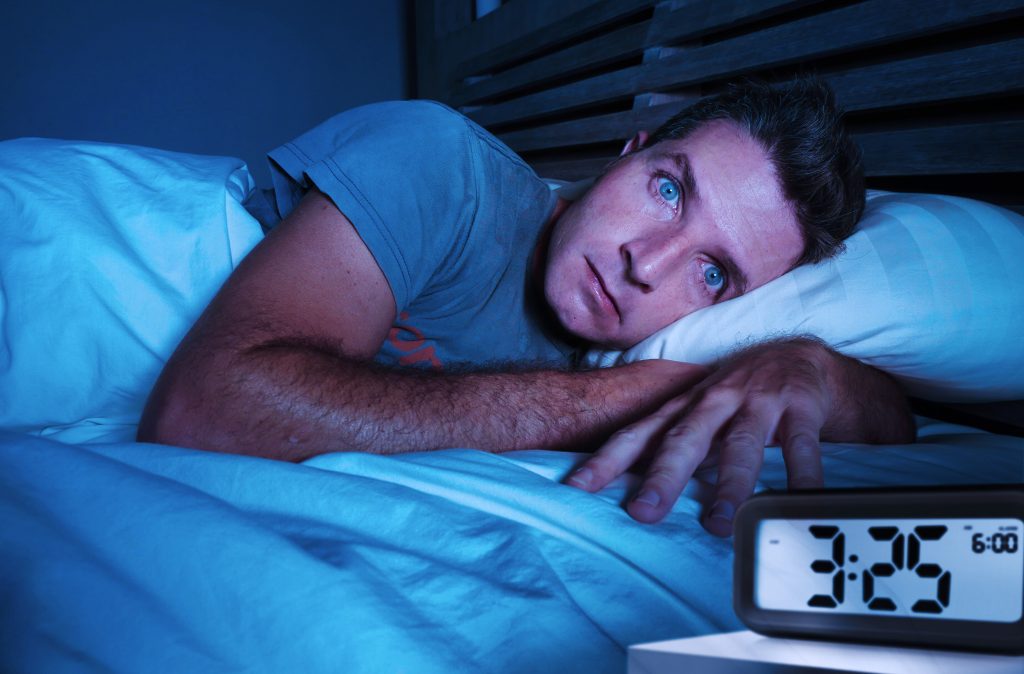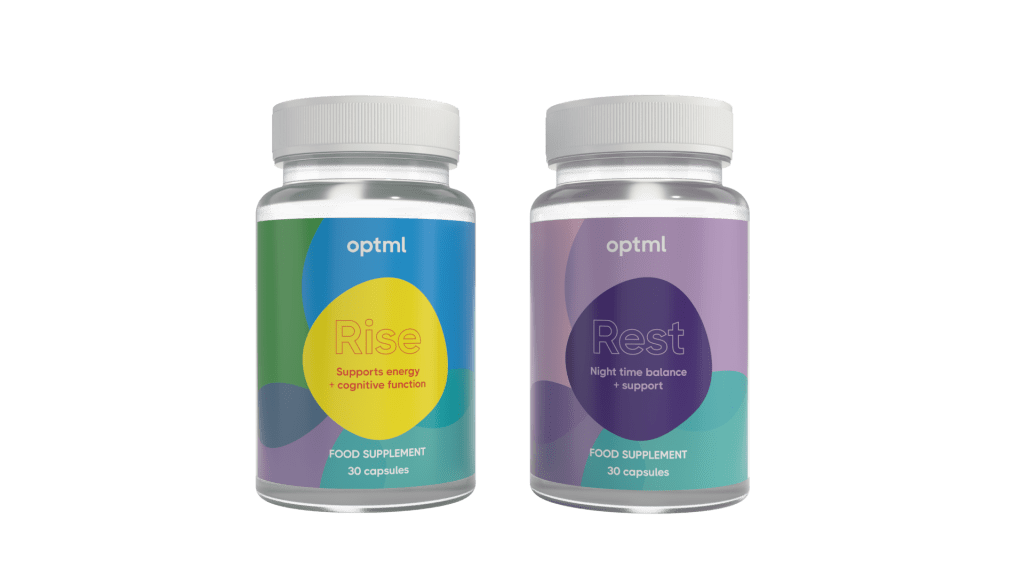
Sleep might be the time when we are resting, but it’s when the body is most active taking care of everything from cell repair to digestion. In fact, scientists have even found that broken DNA builds up during the day, and the body works to repair this during sleep.
It’s clear that sleep is pretty important for our overall health, not to mention our alertness during the day. Though, it’s also the one aspect of our health that is easy to disrupt, with anything from a stressful event to too much screen time affecting both the quality and quantity of sleep you may be receiving.
In today’s post, we will be sharing how much sleep you need along with how Optml can help you improve the quality of yours.
Sleep: How Much Do I Need?

The NHS recommends that adults require between 6 and 9 hours of sleep per night, with other health sources stating between 7 and 9 hours. Generally speaking, 8 hours is considered the gold standard and this falls in the middle of recommendations from various health organisations.
When you do the calculations, these figures also align with the common stat that suggests we spend one third of our lives asleep. While this figure may seem like a lot, the reality is our body and mind cannot be running constantly. Similar to how a phone needs recharging each day, so do we and sleep is the best way to make this happen.
Crucially, the sleep we need should ideally be had in large blocks rather than broken sleep, whereby you may sleep for only a few hours at a time. That’s because there are various sleep cycles that take place over varying lengths of time, which is why a 30 minute nap isn’t always going to cut it.
Read more: What vitamins are good for tiredness?
Why Is My Sleep Messed Up?

No two people are exactly the same, so the reasons as to why you aren’t able to fall asleep or stay asleep will vary.
Firstly, it’s a good idea to look at your pre-sleep routine, since we all need a gentle wind down in the evening so that our minds can switch off. Though, all too commonly we all spend too much time in front of screens which keep our brain activity high instead of allowing it to tail off for the day. Work emails or social media notifications are hardly relaxing activities when you think about it!
Having a set bedtime can also help, as it will ensure your circadian rhythm is kept in check. Those who work night shifts or who have varying working patterns may struggle with this aspect. Though, even staying up to watch that next episode of a box set can be enough to skew your bedtime, which is why it’s essential to stick to a set time to both go to bed and wake up at.
Also, take a look at your sleeping environment. Does it feel like a peaceful, comfortable space to sleep in? Anything from an old mattress to too many pillows can actually cause discomfort, and distractions from noise outside or light can keep your senses stimulated. So, look to fix anything you’ve noticed that is keeping you awake at night, even if that means investing in some blackout blinds or earplugs.
Improve Your Sleep Quality With Optml

Similar to anything you are trying to improve, the more angles you approach the better. That’s why looking and your overall health and lifestyle is also important if you want to improve the quality and quantity of sleep you are getting.
Optml is a two step supplement to be taken daily, consisting of our Rise and Rest formula. Focusing on Rest, and as the name suggests it’s designed to help improve your sleep. We’ve carefully selected ingredients such as chamomile flower, ashwagandha root, lavender flower and 5-HTP which all work to help you relax and enjoy a better night’s sleep.
Don’t continue to suffer if your sleep isn’t ideal, since it will ultimately have an impact on both your mental and physical health. Instead, try Optml today and enjoy feeling like the best version of yourself, since your system will be supported from the outside in.